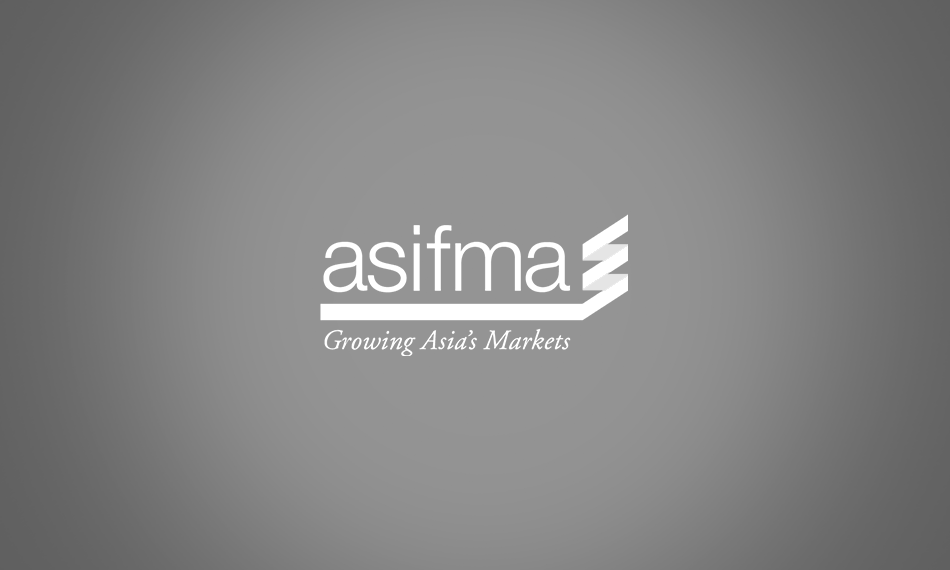Asian capital markets companies are making encouraging progress in terms of diversity and inclusion (D&I), yet there is still a lot more to achieve, with social culture proving to be a major challenge, reveal the results of the survey “ASIFMA – Egon Zehnder Diagnostic 2021 Diversity and Inclusion Ambitions and Practices in APAC” conducted by Egon Zehnder in partnership with the Asia Securities Industry & Financial Markets Association (ASIFMA), the region’s leading financial industry group.
The comprehensive survey was carried out between May and June 2021 across top-tier banks and selected asset managers, covering 13 markets in Asia. The survey is a first of its kind for the region, exploring not just gender diversity but D&I practice in depth. It aims to serve as a regional benchmark for the capital markets industry, highlighting how best to advance diversity matters and the challenges ahead.
It is reassuring to see that D&I is a top priority for the C-Suite and we were encouraged to see that the respondent firms are advanced in their D&I journeys. However, it is generally agreed that there are still some significant areas to address.
– Benno Jeaggi
By and large, the survey results are positive, illustrating how ASIFMA members have a wide range of D&I strategies already integrated into their strategies. Yet, they also highlight how much work still remains to be achieved. “It is reassuring to see that D&I is a top priority for the C-Suite and we were encouraged to see that the respondent firms are advanced in their D&I journeys. However, it is generally agreed that there are still some significant areas to address,” says Benno Jaeggi, a Hong-Kong based Consultant at Egon Zehnder. “Respondent firms still have work to do in order to achieve set gender targets. There is recognition that other forms of diversity beyond gender need a lot more focus, and more traction on diversity needs to be achieved with suppliers, clients and the broader community at large.”
As elsewhere, D&I is still very much work in progress in the region, and results from such surveys can help map the best way forward. They can also facilitate the sharing of industry best practice ideas, says Mark Austen, CEO of ASIFMA. “With that very much in mind, ASIFMA will be focusing on a number of industry initiatives to drive change around the issues identified through our survey. Some of the key initiatives we are considering include best practice guidelines, advocacy to accelerate the D&I agenda and specific issues, and industry pledges.”
More female leaders still needed
Overall, the results illustrate the current state of play in D&I in the industry, the areas where members have made the greatest progress, and the areas that are proving to be the most challenging. The D&I journey often starts with gender. The survey underlines that women are gradually taking on leadership positions in the region, with 14-25% of women at managing director level today. However, this still falls wide of the target of 35-40% of women in a senior level position by 2023-2025.
Respondents reported that the most progress is being made in terms of D&I programs and initiatives for an inclusive culture (93%), followed by women in leadership (87%), diversity in the workforce (85%), and LGBTQ+ (73%). Less than 30% see progress in D&I programs for other categories, namely generational, ethnic minorities, disabled workforce, and religious minorities.
Tellingly, the survey indicates that the top challenges for progress in D&I are all linked to social culture – and that is best tackled collectively. A woman’s place can still be perceived as being in the home: 86% reported “cultural pressure for mothers to stay at home”. And almost three-quarters (72%) reported cultural bias against “people with disabilities”, with the same amount (72%) stating cultural bias against “people who identify as LGBTQ+”. Sadly, half (50%) didn’t even recognize the importance of diversity, perceiving it as “nice to have, but not must have”. Half of the respondents are only now starting or even yet to start with plans to support an ethnically diverse, disabled or older workforce.
Change starts from the top
Twenty years ago, D&I activities were limited to markets such as the US, where the topic was placed high up on the social agenda. Today, organizations appreciate that the same value systems should apply to all markets, including APAC.
Many of the companies surveyed have already been on the D&I journey for some time – 93% say that inclusion is to "a large extent" a stated value for their organization, declaring that "the stated objective of our D& I strategy is to attract and retain the best talent wherever they are".
At the same time, D&I is moving from the HR agenda to the CEO agenda, says Jaeggi. “It’s important that the CEO and business leaders show real commitment and dedication to diversity. To achieve progress, we need leaders who are constantly developing themselves and learning.”
This is a journey all leaders need to take, regardless of their individual starting point. The important thing to remember is that this can be achieved. There will be barriers and challenges, but these can be overcome through collaboration, learning from others, and thinking creatively what works best. Now is the time for leaders to commit to action.
About the survey
The survey was conducted in May to June 2021 among both buy- and sell-side member firms of ASIFMA and covering 13 markets in Asia. The respondent firms represent over USD 646.9 billion in market capitalization and over 246,748 employees in Asia with global headquarters in the USA, Europe and APAC.
About ASIFMA
ASIFMA is an independent, regional trade association with over 150 member firms comprising a diverse range of leading financial institutions from both the buy and sell side, including banks, asset managers, law firms and market infrastructure service providers. Together, we harness the shared interests of the financial industry to promote the development of liquid, deep and broad capital markets in Asia. ASIFMA advocates stable, innovative, and competitive Asian capital markets that are necessary to support the region’s economic growth. We drive consensus, advocate solutions and effect change around key issues through the collective strength and clarity of one industry voice. Our many initiatives include consultations with regulators and exchanges, development of uniform industry standards, advocacy for enhanced markets through policy papers, and lowering the cost of doing business in the region. Through the GFMA alliance with SIFMA in the United States and AFME in Europe, ASIFMA also provides insights on global best practices and standards to benefit the region. More information about ASIFMA can be found at: www.asifma.org.






